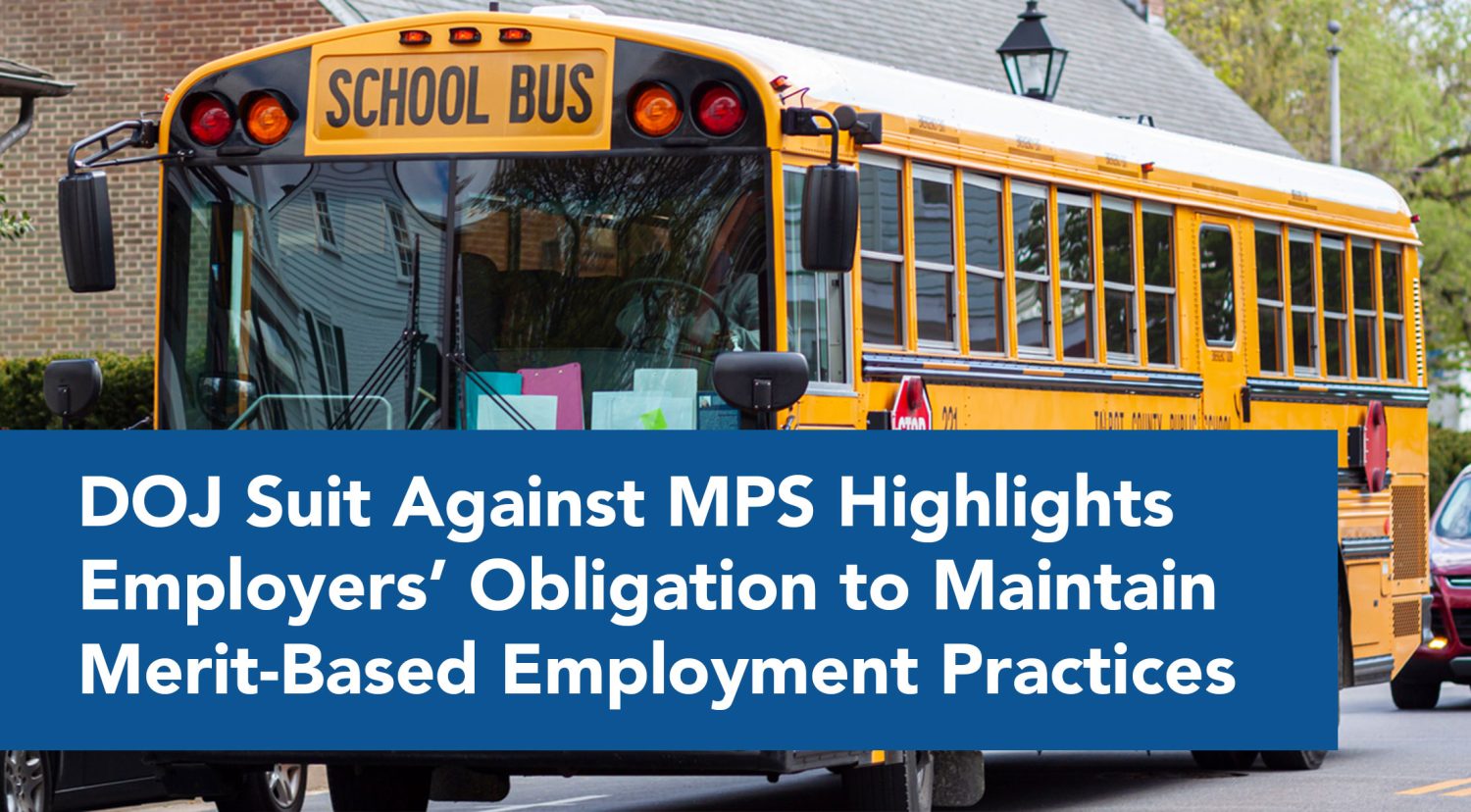

The United States Department of Labor’s Office of Federal Contract Compliance Programs has seen a lot of changes in recent months after a series of new directives were announced last year. Overall, these initiatives were designed to streamline the agency and allow it to operate more efficiently.
In addition to the traditional establishment reviews the OFCCP conducts annually, the new directives have prompted the agency to reinstate focused reviews and compliance checks to add to the other standard compliance reviews it conducts. The goal is to lessen the burden of compliance on federal contractors and give the agency the power to more easily uncover violations. Needless to say, the addition of focused reviews and compliance checks will enable the agency to cover more contractors for reviews, considering its limited number of compliance officers.
The OFCCP recently published it’s Corporate Scheduling Announcement List (CSAL) to let contractors know whether they are likely to be scheduled for a review during the current fiscal year. The CSAL also tells contractors the type of review they are likely to receive and experience.
As part of the new changes at the OFCCP, the agency has proposed revised scheduling letters seeking information beyond the scope of what has traditionally been collected. Contractors have until June 11 to comment on the new proposals. Here’s what you need to know about the changes to each type of OFCCP review.
Establishment Reviews:
Under the new proposal, contractors will be required to provide “a list of [their] three largest subcontractors based on contract value, excluding those expiring within six months of receipt of [the] letter”. Contractors must identify only those “subcontractors that perform work or provide supplies or services necessary to the performance of the federal contract, and those subcontractors who perform, undertake, or assume any portion of the contractor’s obligation.”
Contractors are also required to provide availability and utilization data by race/ethnicity. According to the letter, this will help the OFCCP “determine whether there were substantial disparities in the utilization of any one particular minority groups or the utilization of men or women of any one particular minority group, such that separate goals for these groups may be necessary.” Contractors would also be required to provide data related to hiring, promotions, and terminations by race/ethnicity.
Additionally, contractors must provide the “results of the most recent analysis of the compensation system(s) to determine whether there are gender-, race-, or ethnicity-based disparities.”
For contractors who receive a scheduling letter on a date that is more than six months into their affirmative action plan year, the OFCCP’s new proposal dictates that they provide information regarding personnel activity for “every completed month of the current AAP year.” Contractors would also be required to submit monthly data regarding the representation of individuals with disabilities and protected veterans for every completed month of the AAP year.
In addition to providing the data related to the number of promotions by gender and race/ethnicity, the new proposal requires contractors to “provide the pool of candidates from which the promotions were selected by gender and by race/ethnicity.” Contractors must also include their definition of “promotion.” When providing termination data, contractors must also distinguish between voluntary and involuntary terminations.
Contractors must also provide the OFCCP with documentation related to their reasonable accommodation policies, any accommodation requests and responses, the most recent personnel process assessment and recent assessments of the physical and mental job qualifications.
Focused Reviews:
As part of the new proposal, contractors are required to provide documentation related to their AAPs for women and minorities, and individuals with disabilities. This requirement is designed “to help OFCCP understand the contractor’s organizational structure, confirm Section 503 job groups, and understand generally how the Section 503 compliance strategies fit with the contractor’s other affirmative action efforts. OFCCP will not analyze data contained in the Executive Order 11246 AAP to look for discrimination based on sex or race and ethnicity.”
Contractors must also submit individualized compensation data for all employees. Additionally, they are required to provide applicant and employee data related to hiring, promotions, and terminations by veteran and disability status. They must also provide information on the pool of candidates considered for promotions and their definition of a promotion.
Similar to changes that would impact establishment reviews, the OFCCP has proposed that contractors who receive a scheduling letter on a date that is more than six months into their AAP year should submit additional monthly data. Also similar to the establishment review proposal, contractors selected for a focused review must provide copies of their collective bargaining agreements, and other related documents “such as policy statements, employee notices or handbooks, etc. that implement, explain, or elaborate on the provisions of the collective bargaining agreement.”
Compliance Checks:
In the past, contractors were required to provide AAP results for the previous year, but under the new proposal they will be required to provide their “[w]ritten AAPs prepared in accordance with Executive Order 11246, Section 503, and VEVRAA.”
Contractors will also be required to provide documentation related to “requests made for accommodations by persons with disabilities, whether the requests were denied or granted.”




